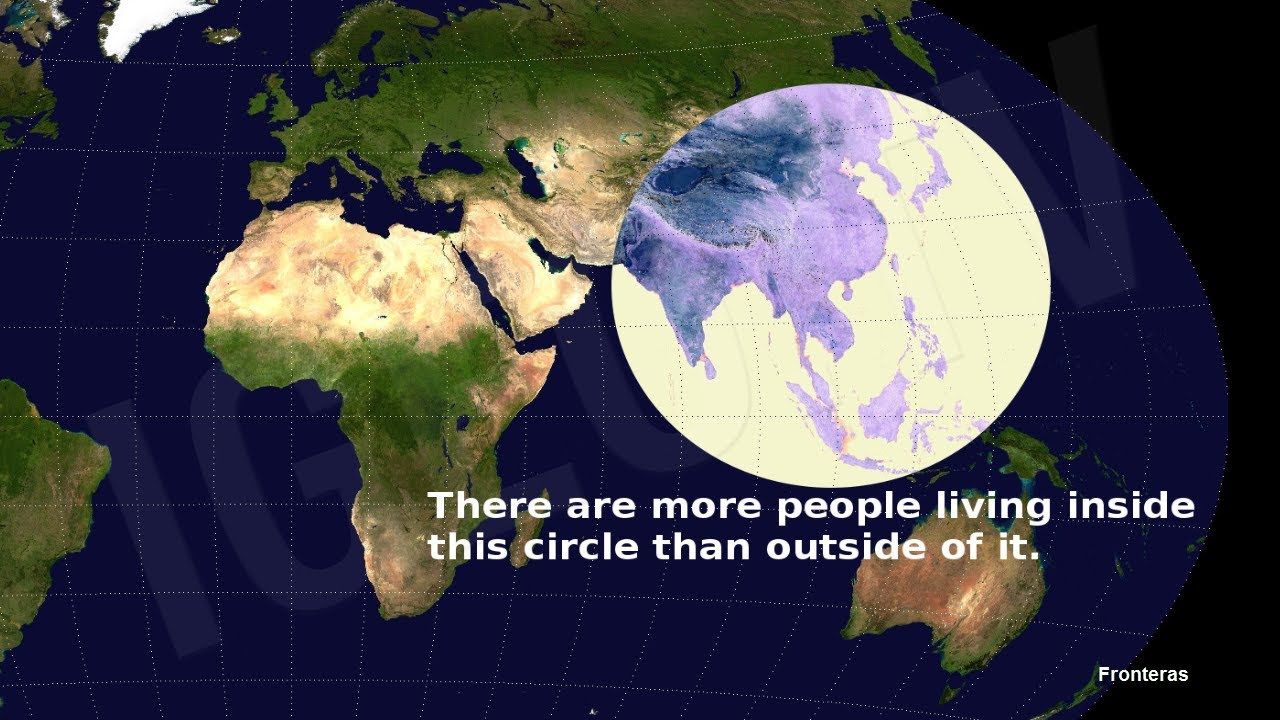Nearly half of the world population lives on less than 5 50 a day

Nearly Half of the World Population Lives on Less than $5.50 a Day
According to a recent study by the World Bank, nearly half of the world population lives on less than $5.50 a day. This shocking fact highlights the extreme level of poverty that persists in many parts of the globe. The study reveals that approximately 3.8 billion people struggle to meet their basic needs and live in extreme poverty.

In today’s world, where technological advancements and economic growth have transformed many societies, it is disheartening to comprehend the scale of poverty that still exists. This fact necessitates urgent action and collective efforts from governments, organizations, and individuals to alleviate this global issue.
Living on less than $5.50 a day means that individuals face numerous challenges in accessing essential resources. Basic human needs such as food, clean water, shelter, and healthcare are luxuries for a significant portion of the world population. Poverty not only compromises their physical well-being but also limits their access to education, economic opportunities, and social mobility. It perpetuates a cycle of deprivation, making it increasingly difficult for individuals to escape poverty and improve their circumstances.

The implications of such widespread poverty extend beyond the affected individuals. Poverty stifles economic growth, constrains development, and exacerbates social inequalities. Fragile and conflict-affected regions are particularly vulnerable to the devastating effects of poverty. Furthermore, poverty eradication is directly linked to achieving global development goals, such as reducing hunger, improving education, and ensuring gender equality.
To address this pressing issue, governments and international organizations have set ambitious targets to eradicate extreme poverty. The United Nations’ Sustainable Development Goal 1 aims to end poverty in all its forms and dimensions by 2030. Effective poverty reduction strategies must encompass various aspects, including equitable economic growth, social protection programs, improved access to education and healthcare, and targeted assistance to marginalized communities.
It is vital for governments to prioritize poverty reduction by implementing inclusive policies, enhancing social safety nets, and fostering economic opportunities. Simultaneously, international cooperation is crucial in providing financial aid, technical assistance, and knowledge sharing to support developing countries in their poverty alleviation efforts.
In conclusion, the fact that nearly half of the world population lives on less than $5.50 a day highlights the urgent need for action. Poverty not only deprives individuals of their basic needs but also hampers global progress. By collectively addressing this issue, we can strive towards a more equitable and prosperous world for all.
Source: World Bank
Related Posts
Quick Links
Legal Stuff

